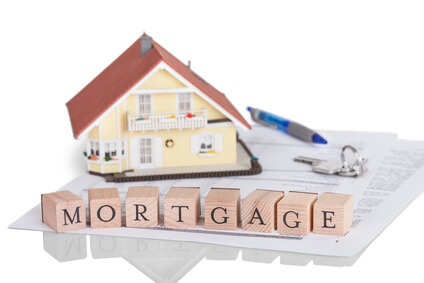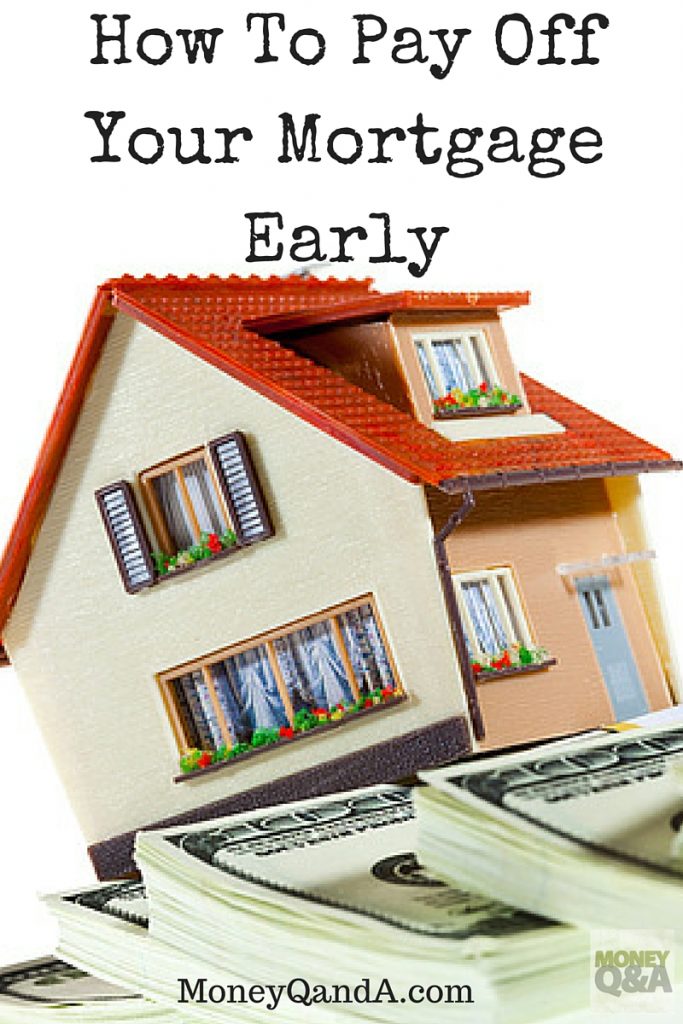
One of the most significant financial events in an adult’s life is the moment when they pay off the mortgage on their home. It’s something we spend decades preparing for by faithfully making our payments on time and in full, month after month until the home finally belongs to us. As of 2017, 34% of Americans had 100% equity in their homes, which means they either paid off the mortgage or bought their homes outright and never had a mortgage loan in the first place.
If you’d like to join the mortgage-free club in the future, there are many reasons why you might (and might not) want to pay off that mortgage loan early if you have the means to do so. As contradictory as this may seem, paying off a loan more quickly than you have to isn’t always advantageous; in fact, it might present more opportunity costs than tangible benefits for homeowners.
If you’re shopping for homes for the first time, midway through paying off your mortgage or on the verge of paying off your existing mortgage within the next couple of years, make sure you understand the pros and cons of paying off a mortgage early before deciding which financial path is best for your situation.
Pro: Free Up More Cash Every Month
Imagine your income increased by roughly one-third overnight. What would you spend that money on?
Since many families spend roughly one-third of their income on mortgage payments, the most obvious advantage of paying off a mortgage a few months or years early is your newfound ability to allocate a large chunk of your income for other things. This could be anything: vacations, home repairs and renovations, new furniture or home décor, or even down payment for a second property you can rent out to generate a passive income on the side.
You could also save more money for retirement – if you’re not already maxing out your 401k or IRA every year – or put that extra cash towards investments to secure your financial future.
Con: That Interest Was Tax-Deductible Anyway
The Tax Cuts and Jobs Act of 2017 (which is in effect until 2025) allows homeowners to deduct interest payments on home loans up to $750,000. Of course, it’s worth noting here that homeowners must itemize their deductions in order to qualify for the mortgage interest tax deduction.
So, if you typically opt for the standard deduction you wouldn’t be able to deduct your mortgage interest on top of that.
Pro: Secure Your Long-Term Housing
Housing is a major concern for millions of Americans, especially aging populations on the verge of retirement and the 21% of 65+ year-olds who rent their homes. Adjusting to life on a fixed income after decades of new jobs, salary increases, promotions and bonuses can be a challenge for many people and not having to continue paying off your mortgage (or keeping up with skyrocketing rent costs) while living on your finite retirement funds can be an enormous relief.
Even if you plan on downsizing at some point in the future, paying off your home now lets you free up more cash to contribute to your retirement accounts or save for a down payment on your next home. Paying off your mortgage early also helps older homeowners avoid the risk of foreclosure for being unable to make their mortgage payments on time and in full, thereby securing your housing situation for the long-term.
Con: Opportunity Costs and Risks
There are no guarantees when it comes to investments like real estate and stocks, but paying off your mortgage early could represent an opportunity cost in which you might’ve gotten higher returns if you had invested that money in the markets instead (e.g., the S&P 500 has produced 9% average returns over the past 90 years – much more than the average mortgage loan interest rate!).
It’s often said that your primary residence is not a great investment because it takes years to pay off and costs you more money than it earns for you (unless you rent rooms on Airbnb, have a roommate or run a bed-and-breakfast, perhaps). While you will save on mortgage interest by paying it off early, you likely won’t be getting the most value for your money by paying down a loan with a 3-6% interest rate if you could’ve been getting 10% or higher returns elsewhere.
In addition to missed opportunities to maximize your investment returns, you could be putting yourself more at risk by plunging liquid cash into your primary residence, which is a highly illiquid investment (if it can be called an investment at all). Until you have 6+ months’ worth of expenses saved up in an emergency fund, you shouldn’t put every last penny towards paying off your mortgage early because you may desperately need that cash readily available later.
Pro: Access to a Home Equity Line of Credit
A final benefit to paying off a mortgage early is that you can still borrow against your home’s equity if you ever need cash for repairs, renovations, medical expenses or anything else. While it’s not always ideal to take out a home equity line of credit (HELOC), it’s nevertheless a useful protection mechanism for homeowners who may need cash during financially difficult times. Planning a home improvement project? Tap into your home equity with Figure and find low, fixed rates (starting at 4.99% APR).
If you don’t want to take out a HELOC, you could also consider a personal loan. A personal loan like one from Asteria lending can help if you need quick funding for personal finances, medical emergencies, weddings, travel, holidays, or education.
Should You Pay Off Your Mortgage Early?
This is largely a personal matter – nobody can decide for you whether paying off your mortgage early would be more advantageous or detrimental; it’s up to you to evaluate your financial situation, assess your short- and long-term goals, and determine if it makes sense to pay off the mortgage sooner than you absolutely have to.
What do you think? Should you pay off your mortgage early? Are you? Why or why not?

